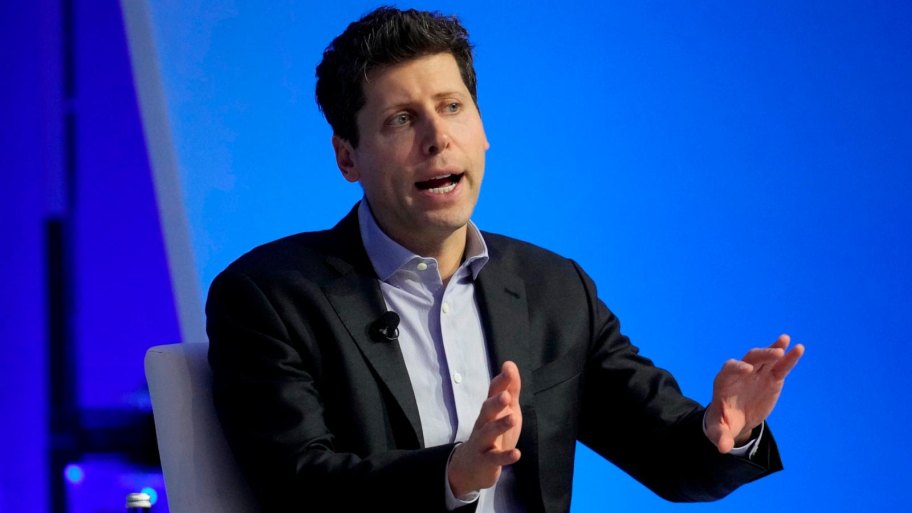OpenAI bleeding money: OpenAI faces potential $5 billion loss this year and may run out of cash in 12 months

OpenAI is one of the fastest-growing companies in history. The startup went from the public launch of its ChatGPT in November 2022 to a $29 billion valuation in January 2023. However, the excitement around OpenAI is now overshadowed by concerns over its financial sustainability, as its popular generative AI chatbot now proves to be one of the most expensive to operate.
A new report from The Information suggests that OpenAI could face a staggering $5 billion loss this year and might deplete its cash reserves within the next 12 months. According to its analysis, The Information said that OpenAI’s costs for AI training and inference could soar to $7 billion this year, while staffing expenses might climb to as much as $1.5 billion.
The report, which draws on confidential internal financial data and insider sources, paints a grim picture for the company, currently valued at a hefty $80 billion. If the figures are accurate, OpenAI will need to secure additional funding within the year to avoid running out of cash.
“The ChatGPT maker could lose as much as $5 billion this year, according to an analysis by The Information, based on previously undisclosed internal financial data and people involved in the business. If we’re right, OpenAI, most recently valued at $80 billion, will need to raise more cash in the next 12 months or so,” The Information reported.
This revelation follows recent analyst warnings highlighting that Big Tech firms must generate $600 billion in annual revenue to support their hefty investments in AI hardware. This report may also shed more light on why OpenAI CEO Sam Altman is seeking to raise up to $7 billion from the UAE and other high-profile investors.
Are We in an AI Bubble?
According to the report, the astronomical costs of developing and maintaining cutting-edge AI models are the primary drivers behind OpenAI’s financial woes. The complex computational demands of training these systems, coupled with rapid expansion—encompassing increased staffing and infrastructure—have intensified the financial pressure.
Despite ChatGPT’s widespread acclaim and its role in generating significant buzz, OpenAI faces the tough challenge of converting this success into substantial revenue. The growing disparity between the company’s skyrocketing expenditures and its revenue raises serious concerns about its long-term economic viability.
It’s important to note that OpenAI has yet to publicly acknowledge these troubling figures. The precise nature of its financial difficulties remains uncertain, and the situation could be more complex than the report suggests.
Nevertheless, the looming threat of a cash crunch casts a long shadow over the future of this influential AI lab. Investors and industry watchers are left questioning: What unique advantages does OpenAI offer? How does it plan to achieve profitability in a landscape where competitors like Meta provide similar technology for free? Is there a game-changing application in the works? Will the technology prove reliable in the long term? What’s truly innovative and what remains a demo?
As the AI sector evolves rapidly, the business models of companies like OpenAI will face rigorous testing. Successfully monetizing groundbreaking technology while managing exorbitant costs will be crucial for survival in this highly competitive arena.
Founded in 2015 by Sam Altman and Elon Musk as a non-profit research institution, OpenAI’s mission is to pave the way for safe and beneficial artificial general intelligence (AGI). However, in 2020, it transitioned into a commercial entity, marking a significant shift in its trajectory.




